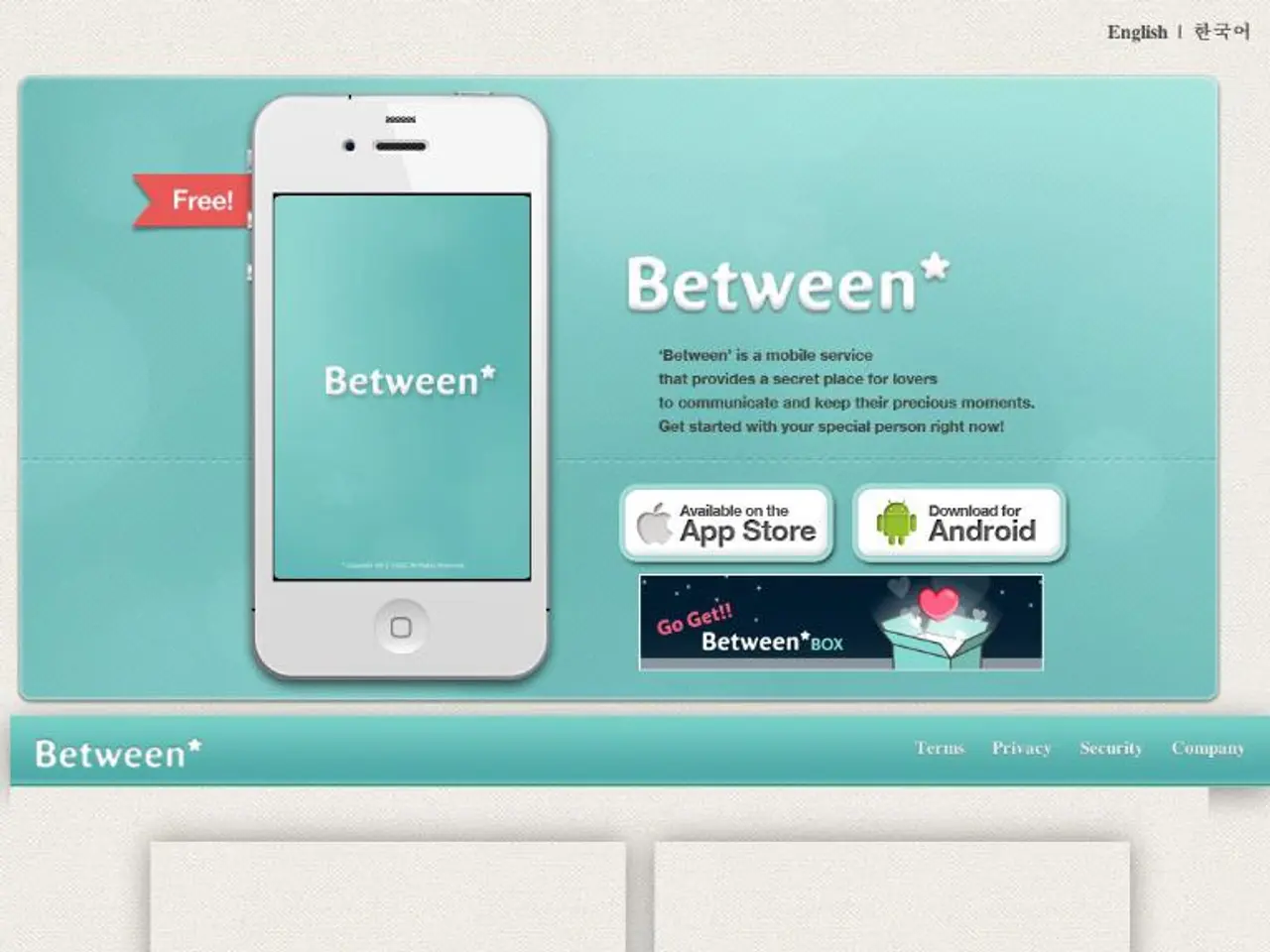Apple surpasses the 3-billion unit milestone in iPhone sales
In a remarkable display of consumer appeal and technological innovation, Apple has reached a significant milestone, selling three billion iPhones worldwide, just four years after passing the two billion mark. This achievement, announced by Tim Cook, Apple's CEO, is a testament to the enduring popularity of the iconic smartphone.
Since the original iPhone's launch in 2007, the sales pace of iPhones has shown a rapid, substantial growth followed by fluctuations, with a recent return to strong growth and market dominance. Mark Gurman of Bloomberg, a journalist known for covering Apple-related news, suggests that the increase in iPhone sales may be due to tariffs announced by the U.S. government and potential price increases for the iPhone.
From 2007 to 2015, Apple experienced a steep upward trajectory in both iPhone unit sales and revenue. Revenue rose from about $1.8 billion in 2008 to $155 billion in 2015. However, from 2016 to 2020, a decline in sales and revenue was observed due to increasing competition, market saturation, and specific challenges like Apple's boycott in China. Revenue dipped to around $137-142 billion annually during this period.
A rebound period marked by renewed growth in sales and revenue began in 2021. The rebound is fueled by strong new models, such as the Pro variants with advanced features, ongoing expansion in markets like India and China, and growing installed device base, hitting new records in customer upgrades and satisfaction rates near 98% in major markets.
The installed base of active iPhone users is at an all-time high globally, including key markets such as the US, China, UK, Australia, and Japan. This reinforces Apple's dominant ecosystem position and positions the iPhone as a top-selling model. The iPhone is further bolstered by Apple's growing services segment.
The massive installed base and high customer satisfaction imply a prolonged lifecycle for iPhones and potentially slower unit sales growth but stronger value capture through services and upgrades. The shift toward premium, technologically advanced models, such as those with AI enhancements, reflects broader smartphone trends that may push innovation beyond hardware to integrated software and ecosystem services, increasing customer lock-in.
Growing markets like India and recovered demand in China highlight ongoing international growth opportunities, which may shape future device features tuned to these diverse regions. The plateauing or slight decline in unit sales in some periods suggests that future growth may rely more on device upgrades, ecosystem expansion, and service revenue rather than sheer volume increases.
Apple's latest financial results reveal a 13% increase in iPhone sales compared to the same period last year, with the revenue from iPhone sales last quarter totalling $44.6 billion (€39 billion). The increasing prevalence of Artificial Intelligence has raised concerns about the future of the iPhone, but Apple has been working diligently to improve its AI capabilities.
In response to emerging technologies, Apple is developing other devices, and the latest version of Siri did not meet the company's standards, leading to its delay. A potential increase in the price of the iPhone 17 is expected. Mark Gurman of Bloomberg shared a post on social media stating that rumours about the iPhone costing $3,000 or $25,000 if made in the U.S. helped Apple in the quarter ended in June.
In conclusion, the iPhone sales pace has evolved from explosive growth to maturation and stabilization with strategic recovery, signalling that the mobile device market will increasingly blend hardware innovation with software and service integration to sustain growth and profitability. Apple's dominance in the mobile market is set to continue, with the iPhone remaining a key player in the industry.
- The rebound in iPhone sales from 2021 onwards can be attributed to the launch of new models with advanced features, such as the Pro variants, which incorporate Port technology.
- Apple's growing services segment, bolstered by the massive installed base of iPhone users, is expected to capture more value through services and upgrades, with a likely focus on AI enhancements and technology integration.




